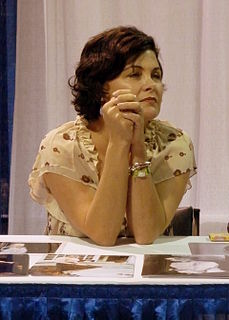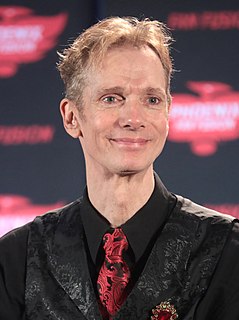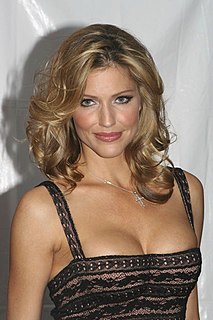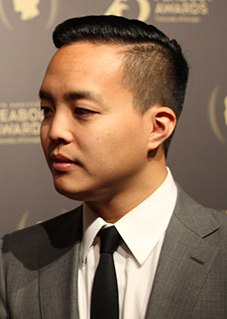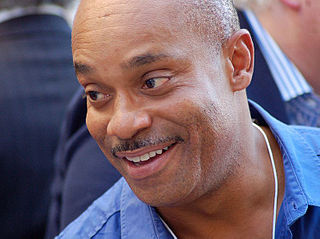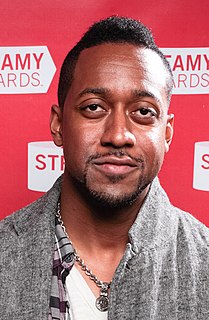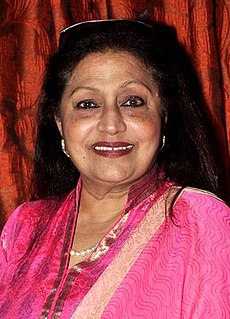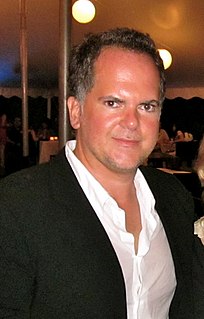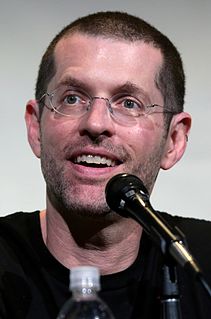A Quote by Mark Feuerstein
If you're on a network show, it's either some wacky sitcom or a drama where you're servicing a procedure.
Related Quotes
I've been on my share of network dramas and comedies, and the problem sometimes in a network is they have a single-minded focus on making the show true to whatever genre it is. If you're on a drama, it better be procedural, it better fulfill all the demands of a procedural show, and you better keep those episodes independent, so if I'm watching the show in seven years as its syndicated on some other cable network, I don't have to know what happened before or after the episode. If you're on a comedy, everything has to be funny and wacky and zany.
'Confederate,' in all of our minds, will be an alternative-history show. It's a science-fiction show. One of the strengths of science fiction is that it can show us how this history is still with us in a way no strictly realistic drama ever could, whether it were a historical drama or a contemporary drama.
After the play of 'Fleabag,' we had conversations with different channels and with film companies about whether 'Fleabag' should be a half-hour sitcom, an hourlong, serialized drama, or a film. And I knew that it couldn't be a drama because I wanted to hide the drama - that had to be the surprise. I knew it had to be comedy.

